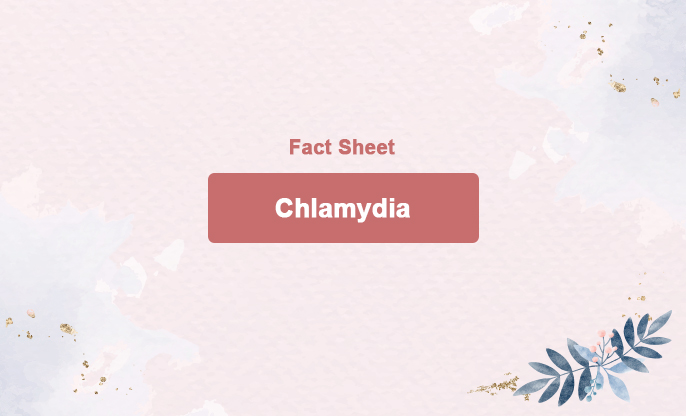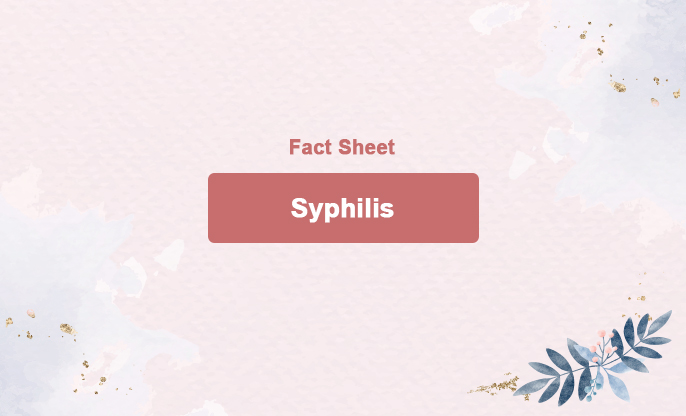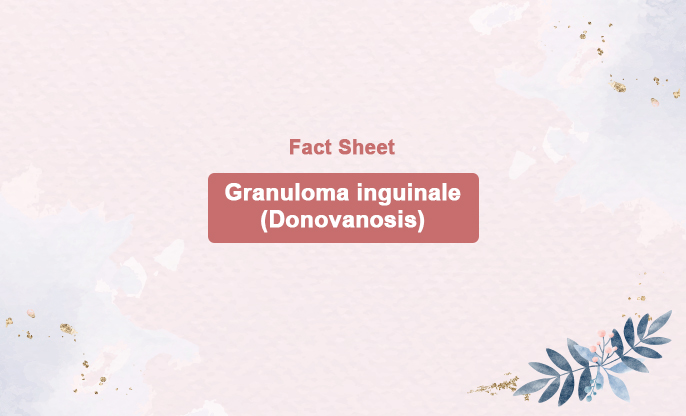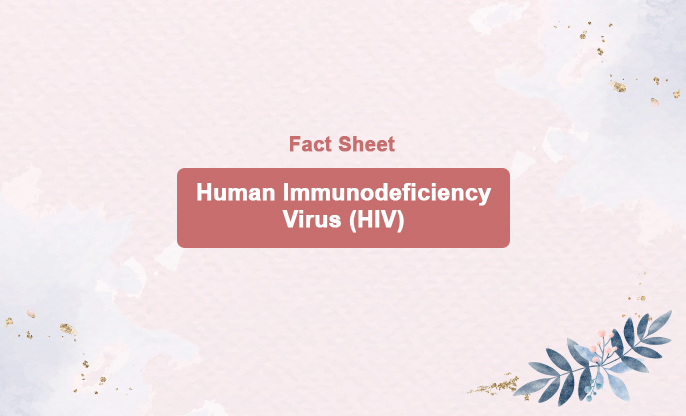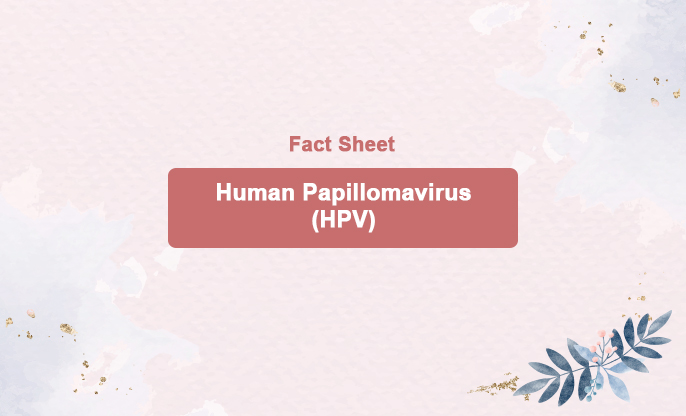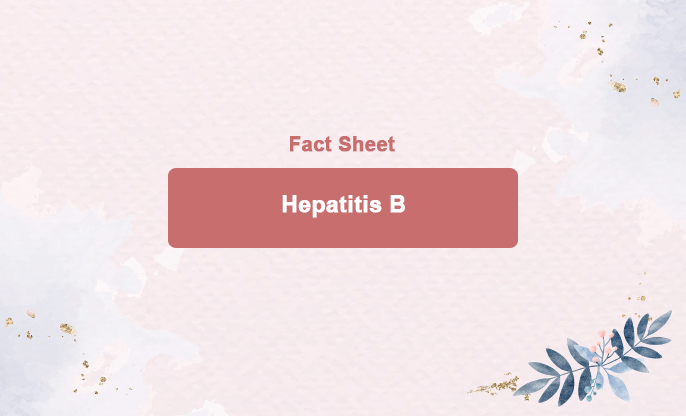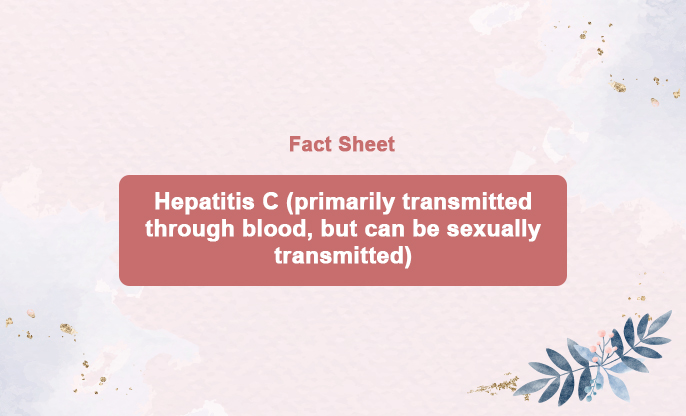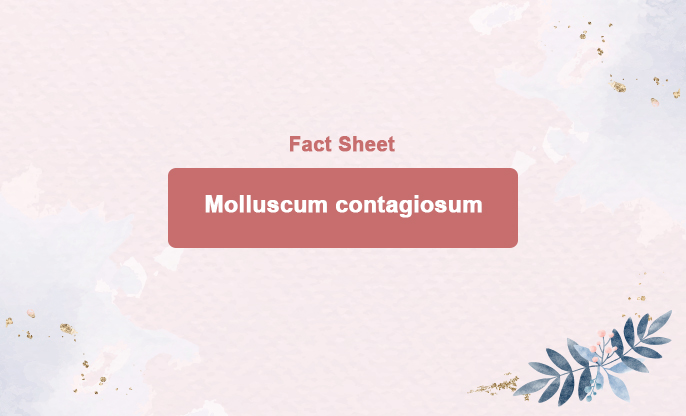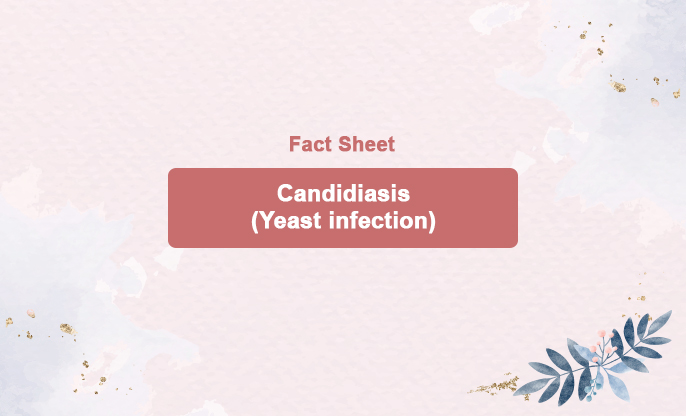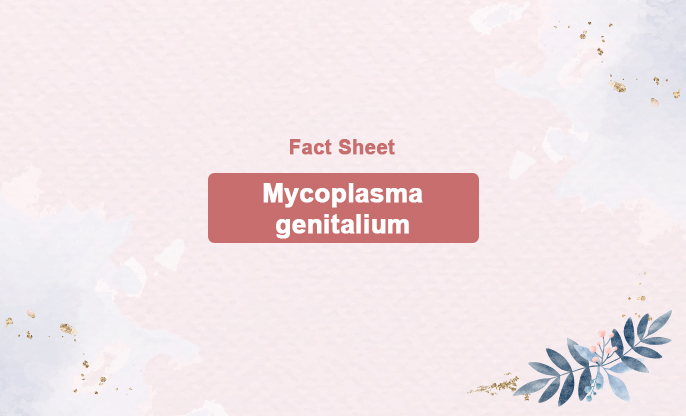
What is this? Mycoplasma genitalium is a facultative anaerobic organism known to cause nongonococcal urethritis in men. In women, it is linked to various conditions including cervicitis, endometritis, pelvic inflammatory disease (PID), infertility, increased susceptibility to human immunodeficiency virus (HIV), and adverse birth outcomes. This highlights its consistent association with female genital tract pathology. Symptoms of Mycoplasma genitalium infection can vary between men and women, and some individuals may be asymptomatic. Urethritis: Inflammation of the urethra, which can cause: Burning or painful urination Discharge from the penis Pain or discomfort in the genital area Itching or irritation inside the penis Cervicitis: Inflammation of the cervix, which can cause: Abnormal vaginal discharge Pain during intercourse Bleeding between periods or after sex Lower abdominal pain or discomfort Pelvic Inflammatory Disease (PID): A more severe condition that can include: Severe abdominal or pelvic pain Fever Pain during intercourse Abnormal bleeding Infertility: Particularly in women, due to damage to the reproductive organs. Increased HIV Susceptibility: Higher risk of contracting human immunodeficiency virus (HIV). Adverse Birth Outcomes: Such as preterm birth or miscarriage. Many individuals, especially women, may not show any symptoms, making regular screening and early detection important for those at risk. Standard treatment protocol and time: Azithromycin: This antibiotic is commonly used, but resistance is increasingly common. Dosage: 1 gram (1000 mg) orally as a single dose, followed by 500 mg once daily for 3 days. Moxifloxacin: Recommended if azithromycin resistance is suspected or confirmed. Dosage: 400 mg orally once daily for 7 to 14 days. Combination Therapy: In some cases, a combination of antibiotics may be used. Azithromycin: 1 gram orally as a single dose, followed by 500 mg once daily for 3 days. Doxycycline: 100 mg orally twice daily for 7 days. Moxifloxacin: 400 mg orally once daily for 14 days. Uncomplicated Cases: Typically treated within 7 to 10 days. Complicated Cases (e.g., PID): Treatment may extend to 14 days or longer. Test of Cure (TOC): Recommended 3 to 4 weeks after completing treatment to ensure the infection is cleared, especially if symptoms persist or if there is a high risk of antibiotic resistance. Re-evaluation: If symptoms persist after treatment, re-evaluation and potential adjustment of the antibiotic regimen are necessary. Antibiotic Resistance: Due to rising antibiotic resistance, it's crucial to tailor treatment based on susceptibility testing whenever possible. Partner Notification and Treatment: Sexual partners should also be notified, tested, and treated to prevent reinfection and further spread of the infection. Avoiding Sexual Activity: Patients should abstain from sexual activity until they and their partners have completed treatment and are confirmed to be free of the infection. How to avoid it?
Safe Sex Practices Routine STI Testing Avoiding High-Risk Behaviors Education and AwarenessIn Men:
In Women:
Complications:
Asymptomatic Cases:
First-line Treatment:
Alternative Treatment:
For Complicated Cases (e.g., Pelvic Inflammatory Disease):
Treatment Duration
Monitoring and Follow-Up:
Considerations:
